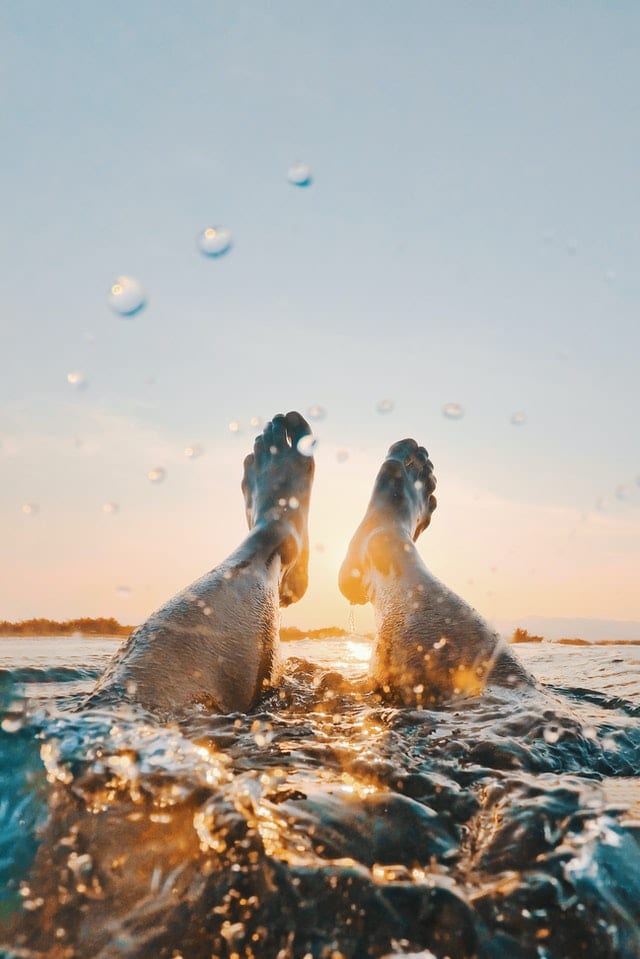Many Floridians spend a good portion of their time on the water. Because of that, having a hearing aid that is waterproof seems almost like a requirement. But there are not many on the market that are truly waterproof; most are only water-resistant. What does this mean for you?
What Is Water-Resistant?

Hearing aids are all given a rating from the International Electrotechnical Commission of how resistant they are to dust and water. This is known as their IP rating. The first digit of a hearing aid’s IP rating is the degree of protection the device provides against debris; this is on a scale of one to seven. The second digit indicates how resistant the device is to moisture; this is on a scale of one to eight. This second number informs the user how water-resistant the hearing aid is.
The Hearing Review put together this list:
- 0 – no protection
- 1 – protected against condensation or dripping water falling vertically
- 2 – protected against spraying water when tilted up to 15 degrees vertically
- 3 – protected against spraying water when tilted up to 60 degrees vertically
- 4 – protected against splashing water from any angle
- 5 – protected against low pressure water stream from any angle
- 6 – protected against high pressure water stream from any angle
- 7 – protected against water immersion (30 minutes at a depth of up to one meter)
- 8 – protected against continual water submersion in underwater conditions
Should You Purchase Waterproof Devices?
In order to determine if you should invest in hearing aids with a high IP rating, answer the following questions.
- Do you sweat a lot?
- Do you live in a humid or wet climate?
- Do you enjoy water activities?
If you answered yes to any of these questions, you should speak to your audiologist about hearing aids with a higher rating.
How to Keep Your Hearing Aids Dry
Even if you don’t spend most of your time on a boat or in the water, it is important to keep your hearing aids dry, as this ensures they last longer and worker better.
The best way to do this is to follow this nighttime routine.
Wipe your hearing aids down using a soft, dry cloth. If applicable, dock your hearing aids in their charging case before going to bed. If your hearing aids use disposable batteries, open the battery compartment door to allow moisture that has collected over the day to evaporate.
Invest in a dehumidifier and store your hearing aids in it overnight.
To learn more about keeping your hearing aids working well or to schedule to an appointment with an expert, contact Aaron’s Hearing Aid & Audiology Center today.
